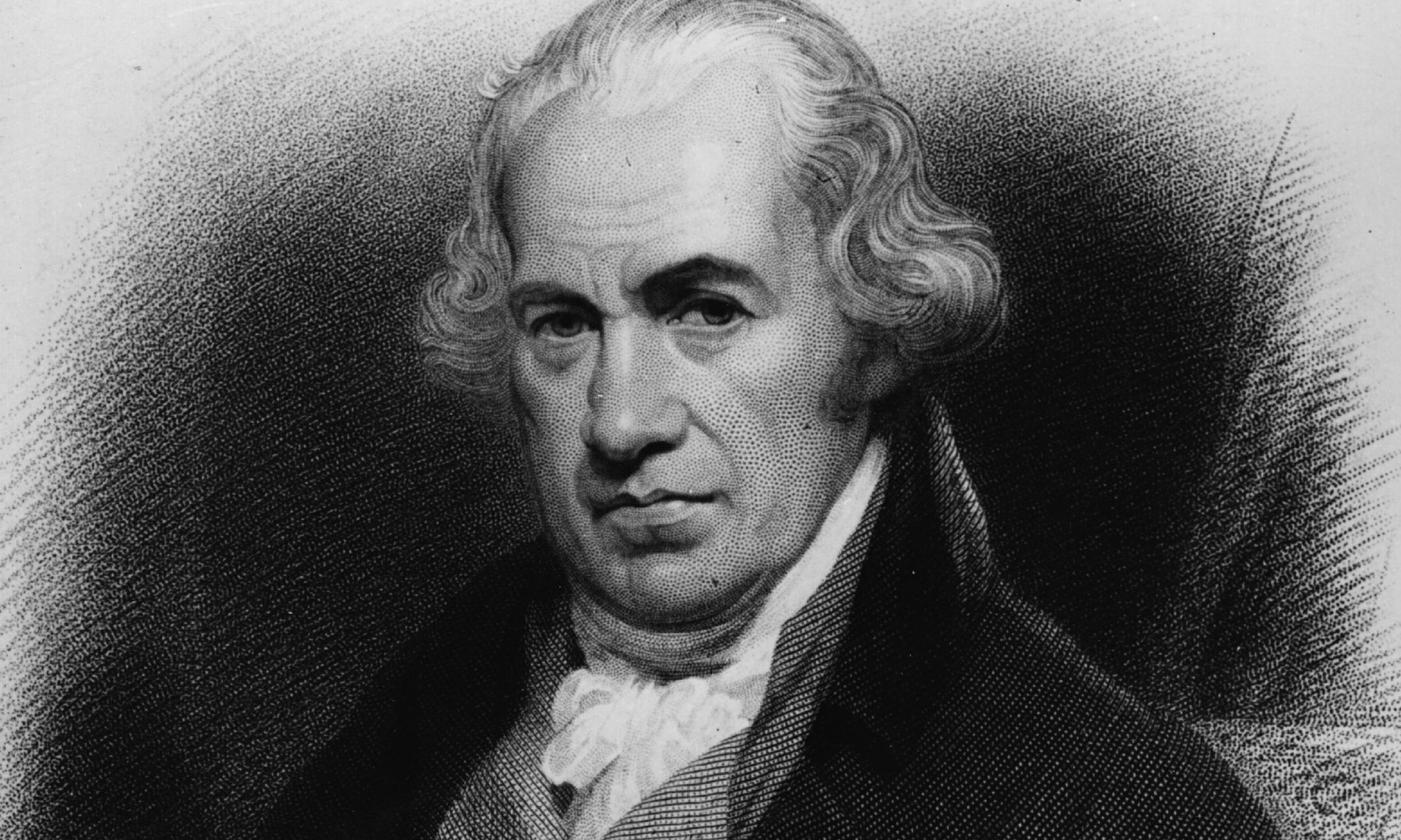The Ultimate Guide To Understanding Watt: The Unit Of Power
Watt is a fundamental concept in the world of electricity and power measurement, playing a crucial role in various applications and technologies. This article aims to provide a comprehensive understanding of the watt, its significance, and its applications. We will explore its definition, history, and practical implications in daily life, along with addressing common questions about power consumption and efficiency.
In today's world, where energy consumption is a vital concern, understanding watts can help individuals and businesses make informed decisions about their energy usage. As technology advances, the demand for efficient power usage increases, making it essential to grasp the underlying principles of power measurement. This article will delve into the intricacies of watts, ensuring that readers leave with a solid foundation of knowledge.
This guide will cover various aspects of watts, from its historical context and scientific definition to its applications in everyday devices. By the end of this article, readers will have a well-rounded understanding of watts and how they impact our lives.
Table of Contents
- What is Watt?
- History of Watt
- Scientific Definition of Watt
- Applications of Watt
- Watt in Everyday Devices
- Calculating Power Consumption
- Energy Efficiency and Watts
- Common Questions About Watts
What is Watt?
The watt (symbol: W) is the standard unit of power in the International System of Units (SI). It measures the rate of energy transfer or conversion. One watt is defined as one joule per second, indicating that if one joule of energy is transferred in one second, the power is one watt. This unit is crucial for understanding how energy is used in various systems.
History of Watt
The term "watt" is named after the Scottish inventor James Watt, who made significant contributions to the development of the steam engine in the late 18th century. His innovations improved the efficiency of steam engines, which were essential for the Industrial Revolution. The watt was introduced as a unit of power in 1889 by the International Electrical Congress in honor of Watt's achievements.
Key Milestones in the Development of the Watt
- 1765: James Watt invents the separate condenser for steam engines.
- 1882: The first public electricity supply in London uses electric power measured in watts.
- 1893: The watt is officially adopted as a unit of power by the International Electrical Congress.
Scientific Definition of Watt
In scientific terms, one watt is equivalent to one volt multiplied by one ampere (W = V × A). This relationship highlights the connection between voltage (the potential difference) and current (the flow of electric charge). In practical terms, watts can be used to measure the power output of electrical devices, such as light bulbs, appliances, and motors.
Power Formulas
Understanding the formulas related to watts can provide insight into how power is calculated:
- Direct Current (DC): P = V × I
- Alternating Current (AC): P = V × I × PF (Power Factor)
Applications of Watt
Watts are used in various applications across different fields, including electrical engineering, physics, and everyday life. Here are some notable applications:
- Electrical Appliances: The watt rating of appliances helps consumers understand their energy consumption.
- Lighting: Light bulbs are rated in watts to indicate their energy usage.
- Renewable Energy: Solar panels are rated in watts to indicate their power output.
Watt in Everyday Devices
Many devices we use daily have specific watt ratings that indicate their power consumption. Here are a few examples:
- LED Light Bulb: Typically ranges from 5-15 watts.
- Refrigerator: Can vary from 100-800 watts, depending on the model.
- Microwave Oven: Usually between 600-1200 watts.
Calculating Power Consumption
To calculate the power consumption of an electrical device, you can use the following formula:
Power Consumption (kWh) = (Wattage × Hours Used) / 1000
For example, if you use a 100-watt light bulb for 5 hours, the calculation would be:
Power Consumption = (100W × 5h) / 1000 = 0.5 kWh
Energy Efficiency and Watts
Understanding watts is essential for improving energy efficiency. Many governments and organizations promote energy-efficient appliances that consume fewer watts while providing the same level of performance. This shift helps reduce electricity bills and environmental impact.
Benefits of Energy Efficiency
- Lower energy bills for consumers.
- Reduced carbon footprint.
- Longer lifespan for appliances.
Common Questions About Watts
Here are some frequently asked questions regarding watts:
1. How many watts does a typical household use?
A typical household can use anywhere from 500 to 2,000 watts at any given time, depending on the number of appliances in use.
2. What is the difference between watts and kilowatts?
A kilowatt (kW) is equal to 1,000 watts. It is often used to measure larger power outputs, such as those from generators or industrial machines.
3. How can I reduce my wattage consumption?
To reduce wattage consumption, consider using energy-efficient appliances, unplugging devices when not in use, and utilizing smart home technology to manage energy usage.
Conclusion
In conclusion, understanding watts is essential for anyone interested in energy consumption and efficiency. From its historical origins to its application in everyday devices, the watt plays a crucial role in our lives. By grasping the principles of power measurement, individuals can make informed decisions that lead to more efficient energy usage and lower costs.
We encourage you to leave a comment below if you have any questions or insights about watts. Share this article with others who may benefit from this information, and explore our other articles for more tips on energy efficiency and technology.
Penutup
Thank you for reading! We hope this guide has enriched your understanding of watts and their importance in our daily lives. Don't hesitate to visit us again for more informative articles and updates on energy-related topics.
Exciting Insights Into Derby Results 2024: What Fans Need To Know
Understanding URNM: A Comprehensive Guide To Unused Reservation Number Management
Understanding Drip Stocks: A Comprehensive Guide


